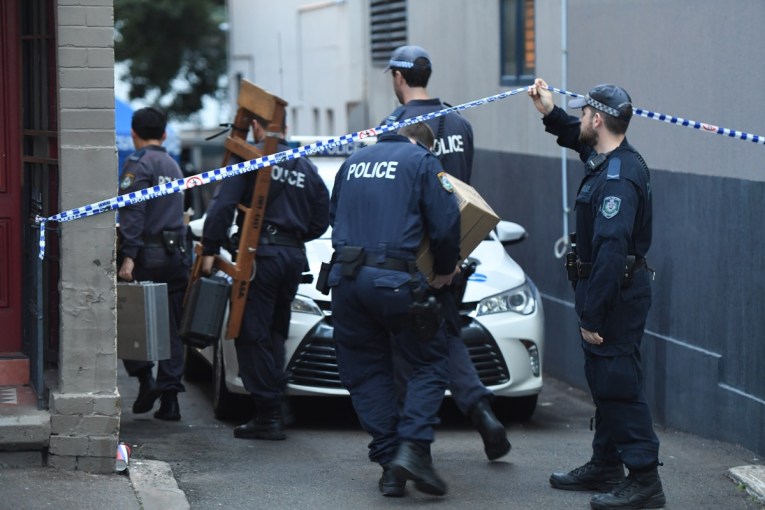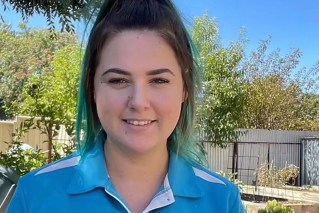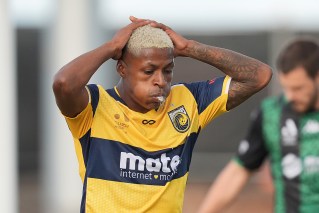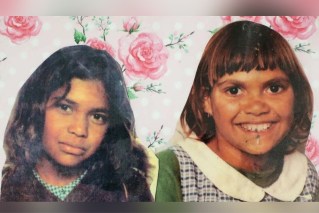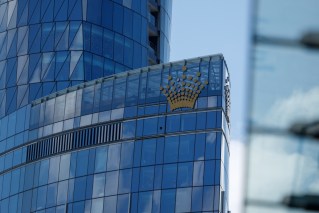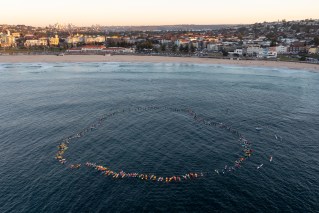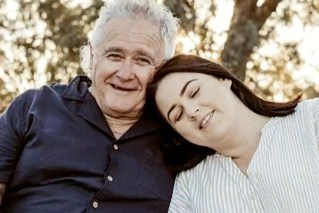Former NSW premier John Fahey, who helped bring the Olympics to Sydney, dies aged 75
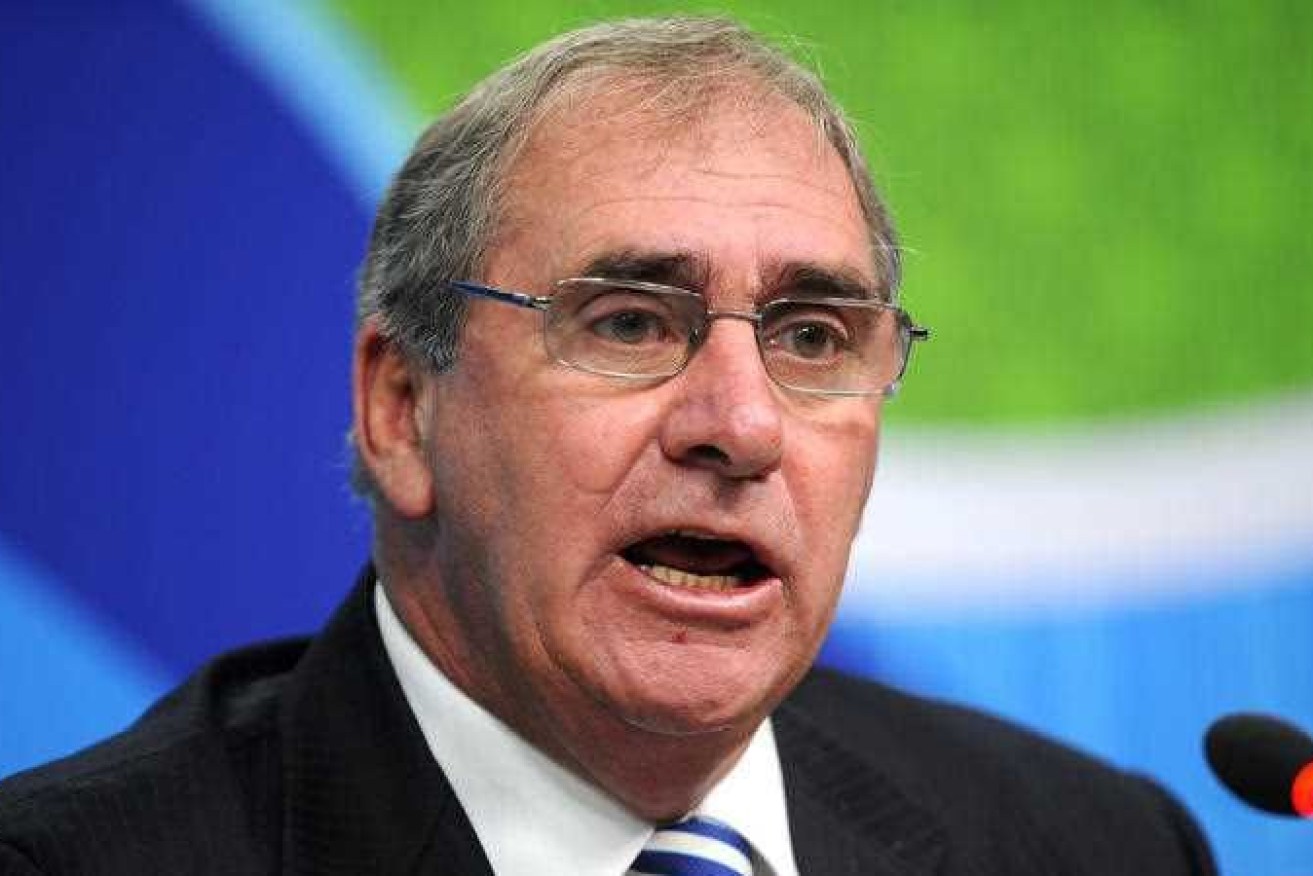
Former NSW premier John Fahey has died, aged 75. Photo: AAP
Former NSW premier John Fahey, one of the key figures in bringing the Olympics to Sydney, has died aged 75.
NSW Premier Gladys Berejiklian confirmed the news on Saturday morning, saying: “His contribution to the state and nation will leave a lasting legacy.
“He has always been a wonderful role model to generations of Liberals,” Ms Berejiklian added.
One of the most notable achievements during his tenure from 1992 to 1995 was his role in the successful bid for Sydney to host the 2000 Olympics.
“Many of us would remember the celebrations that immediately swept the nation after Sydney was announced as the winner — and the image of Mr Fahey jumping for joy at the news,” Ms Berejiklian said.

John Fahey (top right), celebrates the winning Olympics bid with former prime minister Paul Keating (top centre) and former IOC boss Juan Antonio Samaranch (bottom centre). Photo: Reuters
Mr Fahey was in Monte Carlo for the 1993 announcement, standing next to bid chief Rod McGeoch.
When International Olympic Committee president Juan Antonio Samaranch announced Sydney as the winning bid, Mr Fahey leapt out of his chair, turning to hug Mr McGeoch in a scene that transcended sport and politics.
The 20th anniversary of the Sydney Olympics will be marked next week.

John Fahey, with his wife Colleen, at a Liberal event last year. Photo: AAP
Mr Fahey is also remembered for an incident during Prince Charles’s 1994 Australia Day speech at Darling Harbour.
A man fired two blank shots from a starter pistol at Prince Charles.
Mr Fahey was one of several people who tackled the man, David Kang, as he rushed the stage.
Tributes paid from all sides
Prime Minister Scott Morrison said the moment when Mr Fahey leapt to his feet after securing the Olympics, “seemed to be embodying the shared joy of every Australian”.
He said the Olympics led Australia out of the 1990s recession and gave the nation “hope and belief”.
“In his day, John was not your typical Liberal. A Catholic, rugby league player and smoker from south-west Sydney,” he said.
“As a Liberal he broadened our outlook and connected us with an ever-widening aspirational population.
“John’s was truly an Australian story of his generation. He gave more than he received. His cheery and cheeky smile was what left his impression on you, long after the topic or issue had passed.”
Australian Olympic Committee president John Coates said Mr Fahey had made an “immense” contribution to the Australian Olympic movement.
“His drive and commitment was absolutely crucial in Sydney winning the bid to host the Sydney 2000 Olympic Games and Australia owes him an enormous debt of gratitude for that alone,” he said.
“John will always be a big part of the Sydney 2000 success story, and as we prepare to celebrate 20 years since those Games began, it is very sad to think he cannot mark that milestone with us.”
Nick Greiner, the NSW premier who preceded Mr Fahey, told ABC News his successor got along with people “right across the spectrum”.
“[He was] just a very authentic, very humble guy who was a terrific leader because he was able to get on with everyone,” he said.
“He really was an unusually broad person in terms of his relationships with society. And that’s why he was able to do so many different things well.”
Federal Opposition Leader Anthony Albanese said Mr Fahey was a “very decent, humble” Australian.
“He was someone who dealt with you with respect, even though you were on the opposite side of politics,” he said.
“He was well-regarded by everyone. I don’t think he had an enemy in the national parliament, and that says a lot about his character.”
As NSW premier, Mr Fahey introduced the disability services act, the NSW seniors card and appointed the first minister for the status of women.
He was elected state member for Camden in 1984.
In 1996 he moved to the federal House of Representatives after winning the seat of Macarthur, and went on to serve as finance minister in John Howards’ government.
He retired from politics in 2001.
Between 2007 and 2013 he was president of the World Anti-Doping Agency.
After politics, he also became a director of the Royal Flying Doctor Service, chancellor of the Australian Catholic University and chairman of both the Rugby League Development Board and Sydney Olympic Park Authority.
Ms Berejiklian expressed her condolences to Mr Fahey’s wife, Colleen, and their children, Melanie and Matthew, and grandchildren, Amber and Campbell.
The NSW government will hold a state memorial service.
Mr Fahey was born in Wellington, New Zealand, and moved to Picton when he was a boy.
He also played rugby league for Canterbury-Bankstown before entering politics.
He received the Companion of the Order of Australia in 2002 for services to the Australian and NSW parliaments.
–ABC
